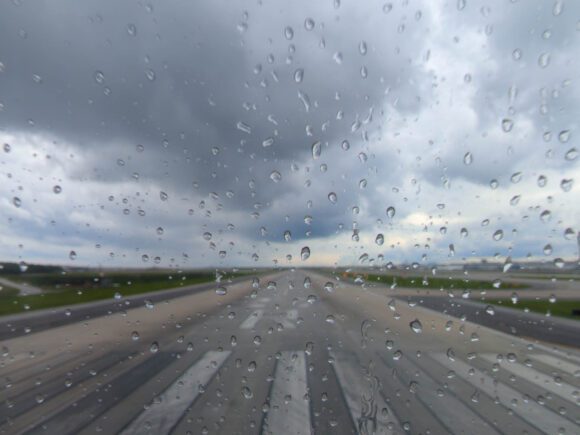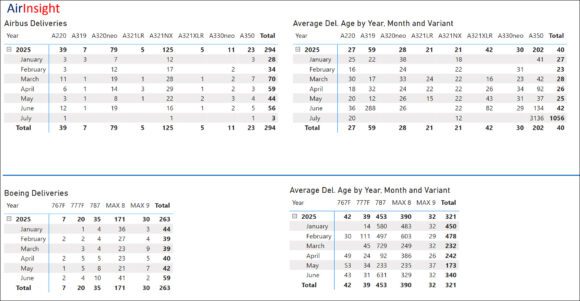
IMG 2460 scaled
Airbus produced some disappointing Q1 results, with a net profit that was 62 percent down on 2022 at €466 million. The airframer blames the lower profit on lower aircraft deliveries, a less favorable currency hedge rate compared, and investments for preparing for the future. Yet, Airbus reiterates its guidance for 2023 of 720 aircraft deliveries. Airbus disappoints as Q1 is impacted by lower deliveries.
CEO Guillaume Faury had to spend most of the Q1 earnings call explaining that the supply chain is still suffering from “persistent tensions.” The bottlenecks are more or less the same, he said: “A lot is on the components side. We still have a lot of issues with equipment suppliers, with the availability of microelectronic components. We have them with aerostructures, with the engines. Although things seem to become slightly better, we don’t see improvements yet where we have critical situations. And overall, the labor market in Europe and in particular in the US continues to be a bottleneck and a headwind to accelerate and deliver the ramp up.”
Smaller suppliers
AerCap-boss Aengus Kelly said on Tuesday that it’s not just the big names that are having trouble, but the smaller suppliers that question if investing to meet to ramp up makes sense. “The comment by AerCap is a very fair one,” said Faury. “Indeed, the ramp-up is difficult for everyone. Some smaller and even sometimes big suppliers have difficulties financing their inventories and their balance sheet is stretched to support the ramp-up. We are monitoring each and every company in the supply chain and are asking our own tier 1s to do the same to anticipate situations to make sure there is no financing issue that would lead to one or the other supplier not following the pace of the ramp up.”
Airbus remains confident that it will meet the ramp-up targets, which include 65 A320neo-family aircraft per month at the end of 2024 and 75 in 2026. The A220 will go to fourteen a month by the middle of the decade, the A330 to four a month in 2024, and the A350 to nine a month by the end of 2025.
Q1 numbers
Taking a closer look at the numbers, the €466 million net loss compares to €1.219 billion in Q1 2022. Revenues were €11.763 billion, slightly down from €12 billion. The Adjusted EBIT was €773 million versus €1.263 billion, EBIT reported €390 million versus €1.429 billion. Free cash flow before mergers and acquisitions and customer financing ended at €-889 million, down from €213 million. Airbus ended Q1 with €8.359 in net cash and €14.1 billion in gross debt.
Airbus Commercial Aircraft was the biggest contributor to the lower results. With 127 deliveries compared to 142 last year, this brought revenues down by five percent to €8.110 billion (2022: €8.541 billion). EBIT Adjusted was €580 million versus €1.065 billion, EBIT reported €197 million versus €1.242 billion. Airbus received 142 net orders compared to 83 last year.
Deliveries will be significantly lower in HY1, Faury said. With the summer holidays next, the year will be once again very much backloaded, with most of the deliveries planned from September through December. Tradition has it that especially December sees most of the deliveries. Based on the best estimates, Airbus still thinks that 720 deliveries are feasible in line with the guidance shared in February during the 2022 results presentation.
A350F delay
Airbus announced a slight delay of the entry into service of its new freighter, the A350F, from late 2025 to early 2026. Faury said this has to do with the overall execution of the program, which has recently entered the initial production and industrialization stage, although he added that this comes at a moment that is challenging for all.
Views: 1



